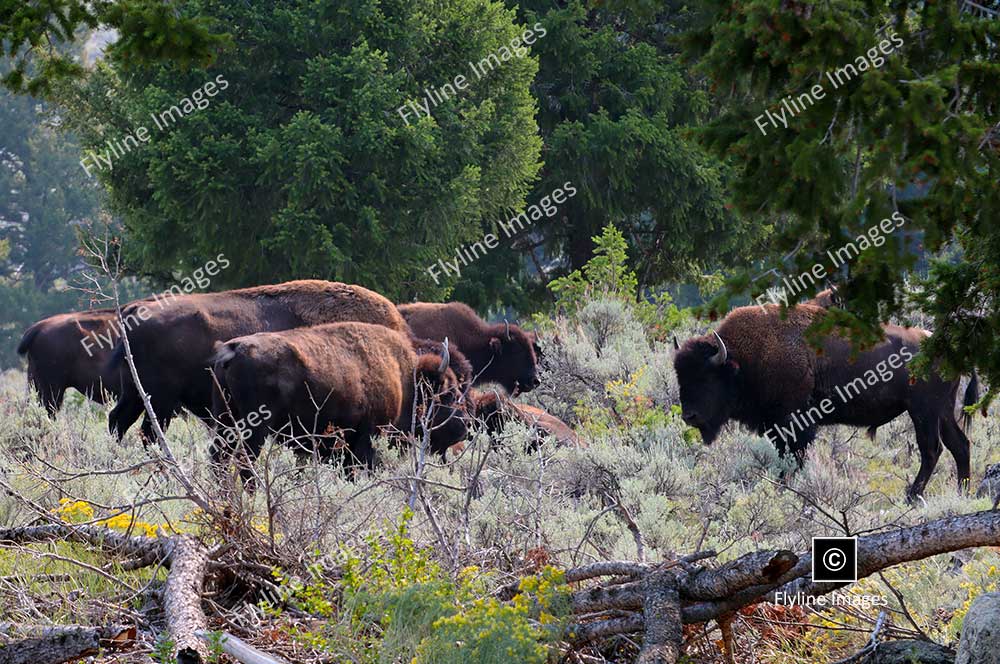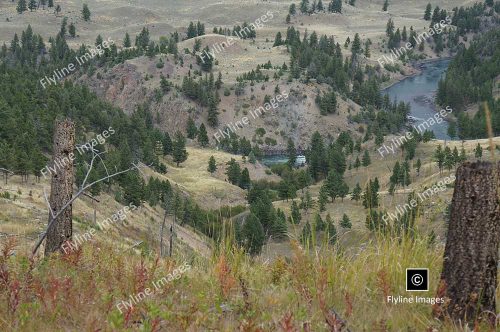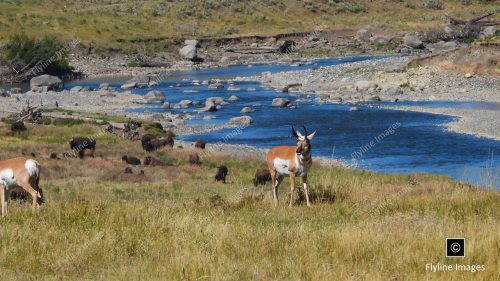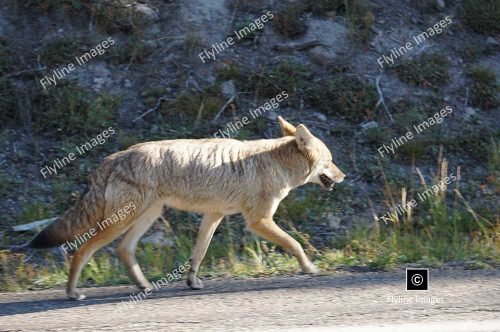Buffalo herds in Yellowstone National Park are a remarkable sight, particularly in the Slough Creek and Lamar Valley areas. These regions provide abundant resources, including vast grasslands and diverse vegetation that serve as vital forage for the enormous herds. The lush landscape supports the nutritional needs of the buffalo, allowing them to thrive, especially during the harsh winter months.
Buffalo CAN 0659
$15.00
Description
Description
Buffalo herds in Yellowstone National Park are a remarkable sight, particularly in the Slough Creek and Lamar Valley areas. These regions provide abundant resources, including vast grasslands and diverse vegetation that serve as vital forage for the enormous herds. The lush landscape supports the nutritional needs of the buffalo, allowing them to thrive, especially during the harsh winter months.
Image & Download Information
For this product, we have provided 3 image size options, Large 4000 x 2500, Medium 2000 x 1250 and Small 1000 x 625. When you purchase this photo, you will receive an email confirmation of your order. That email will summarize your purchase and provide you with the download links for the images and videos you purchased.
MORE ABOUT THIS PHOTO
Buffalo herds in Yellowstone National Park are a remarkable sight, particularly in the Slough Creek and Lamar Valley areas. These regions provide abundant resources, including vast grasslands and diverse vegetation that serve as vital forage for the enormous herds. The lush landscape supports the nutritional needs of the buffalo, allowing them to thrive, especially during the harsh winter months. Additionally, both Slough Creek and Lamar Valley are known for their relative safety from predators, offering the buffalo a secure environment for calving and nurturing their young. The picturesque scenery and the rich biodiversity of these areas further enhance their appeal, making them essential habitats for these iconic animals.
The buffalo herds in Yellowstone National Park play a crucial role in maintaining the ecosystem’s balance. These large, herbivorous animals are known as “ecosystem engineers” due to their impact on the environment. As they graze on grasslands and vegetation, they help prevent any one plant species from dominating, allowing for a diverse range of plants to thrive. This diversity is essential for other wildlife species that rely on these plants for food and shelter. Moreover, the buffalo’s grazing helps fertilize the soil, aiding in nutrient cycling and promoting healthy growth of vegetation.
Apart from their ecological significance, buffalo herds also hold cultural importance. They have been an integral part of Native American culture for centuries, and their presence in Yellowstone National Park is a testament to the park’s commitment to preserving this cultural heritage. The park rangers work closely with Native American tribes to ensure the conservation of these animals while also respecting their cultural significance.
Visitors to Yellowstone National Park are often mesmerized by the majestic sight of the buffalo herds roaming freely in their natural habitat. However, it is crucial to remember that these animals are wild and should be observed from a safe distance. Approaching or disturbing them can not only be dangerous but can also disrupt their natural behavior and cause them undue stress.







Reviews
There are no reviews yet.